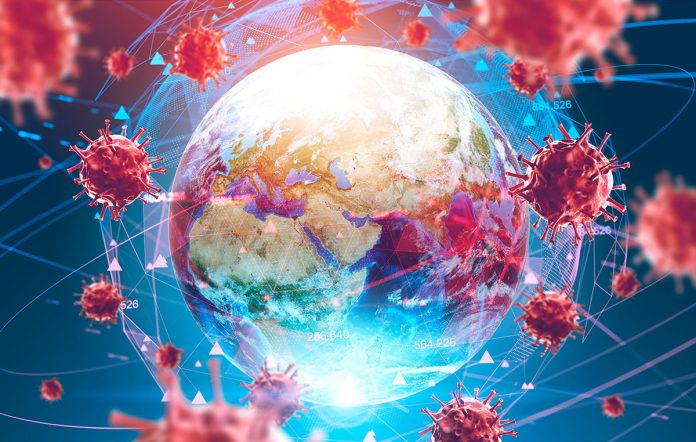HIV Aids Vaccine, and with the ongoing COVID-19 pandemic, the importance of vaccine research to both diseases can not be overstated. As with HIV, the best way to defeat the coronavirus pandemic is through a vaccine and we can draw from 40 years of solid HIV Aids vaccine research to help get us there.
SARS-CoV-2, the virus that causes COVID-19, has taken the world by surprise, just as HIV Aids did in the 1980’s. However, unlike HIV, the world has come together and shown that a coordinated, global response to a pandemic is possible response, the search for a vaccine, have built upon technologies and lessons learned from recent epidemics, including HIV.
There are now over 120 COVID-19 vaccine candidates , 90% of which are at the preclinical stage. Lessons learned from the SARS and MERS epidemics have informed the design of many of the COVID-19 vaccine candidates. The trials are also heavily influenced by knowledge gained from HIV vaccine research; this research has told us that several factors ,how often new strains emerge, the force of the infection and the types of immune responses are key to the design of a successful vaccine
The speed at which the SARS-CoV-2 virus was isolated and the viral genome was decoded is unprecedented and truly remarkable. In comparison, it took more than two years to isolate the virus that caused AIDS. This time around, we benefitted from the knowledge built over decades of the global HIV response: several teams involved in HIV vaccine research have been able to promptly decode the viral genome, identifying key components to use in the design of a COVID-19 vaccine. The spirit of collaboration that has built up around work to find a vaccine, too, is unprecedented.
Approaches to vaccine development include tried and tested strategies, such as the use of weakened virus strains (which was not applicable for HIV) and vaccine components benefitting from years of development (the use of protein-based research in the search for a COVID-19 vaccine echoes the approach used during the development of the experimental HIV vaccine).
New approaches based on different technologies, such as mRNA-based vaccines that have been in preclinical stages for HIV, are also being trialled for COVID-19. They could ease the burdensome production of protein-based vaccines by using the host cell’s own replication machinery to act as a “self-produced” vaccine. Some of these new technologies allowed for the rapid development of candidate vaccines at a fraction of the cost and time of more traditional processes.
Beyond product development and management, HIV prevention R&D led to the creation of several clinical trial networks. These infrastructures could be rapidly mobilized to assess COVID-19 vaccine candidates and, later, be a place of choice to conduct integrated research following well-established principles of engagement with vulnerable communities.
The HIV response has greatly contributed to the conduct of ethical research and led the development of the Good participatory practice Guidelines of accelerated and aggressive .
The COVID-19 response has shown unprecedented mobilization against a global threat across many fields. The contribution of HIV vaccine research can not be understated while the financial investment and promise of further funding, we can look to the many people who are dedicating their time and sharing their experiences for inspiration to support the quest for a COVID-19 vaccine.
Editor/umuringanews.com





